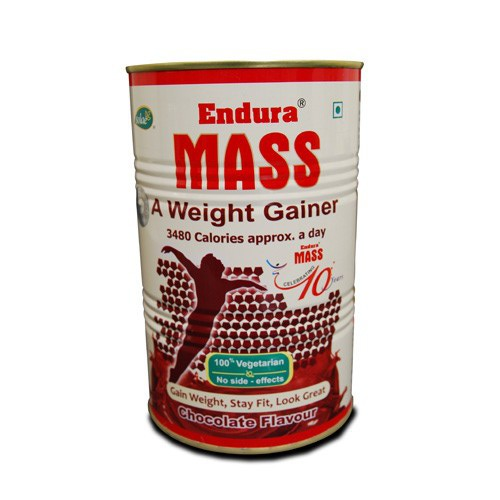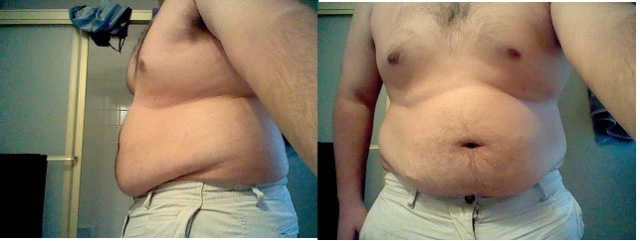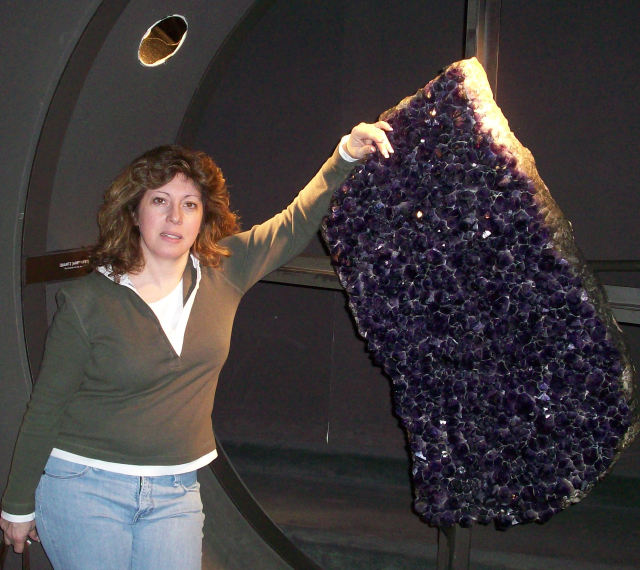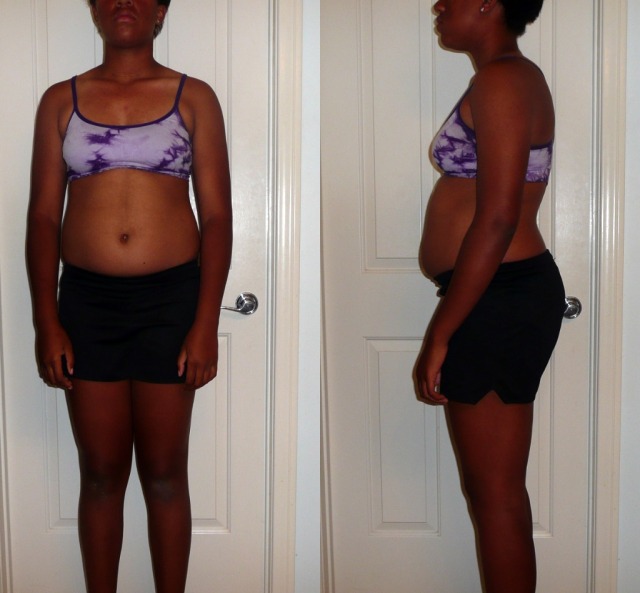safe vitamin taking
Question
I would like to know if the vitamins I am taking are safe as I have just learned
that beta carotene supplements can increase cancer risks in smokers. I am
32 yr old woman, healthy weight, in a program of recovery for drug and
alcohol addiction since three and a half years. I am currently trying to quit
smoking and have made it down from a pack to three to six a day, although I
live with a heavy smoker so get more second hand smoke.
I am trying to change some of my less healthy lifestyle choices - the
cigarettes are number one priority, and I am trying to cut out Diet Coke which
I have addictively drank for about fifteen years, cut down on refined sugar,
and have started exercising - elliptical machine and swimming laps mostly.
The supplements I currently take are a multi vitamin, 400 IU Vitamin E,
Vitamin C, CoQ 10, Calcium Magnesium, and just recently started Beta
Carotene. I assume I need to stop the Beta Carotene, but is that something
advisable to take ever even when I am a non-smoker? I also just started the
CoQ10 as I have early stage periodontal disease.
Should i consult a medical doctor regarding my vitamin intake?
Thank you in advance for your help - I welcome your response and any other
information, suggestions you have regarding vitamin supplments.
Best, Maria
Hello Maria!
Yes, you should not be taking a beta-carotine supplement since you are a smoker. Despite convincing scientific evidence that people who eat a lot of fruits and vegetables containing beta-carotene are less likely to develop cancer and heart disease, the results from two well-designed clinical trials yielded surprising results. One, conducted in Finland by the U.S. National Cancer Institute (NCI) and the National Public Health Institute of Finland, found 18 percent more lung cancers and eight percent more overall deaths among 29,133 male smokers given a supplement containing 20 mg of beta carotene and 50 mg of vitamin E. A second study, also funded by NCI testing the effects of beta carotene supplements found 28 percent more lung cancers and 17-percent more deaths among participants taking supplements of beta-carotene and vitamin E. This study included 14,254 men and women between the ages of 50 and 69 who were smokers or former smokers as well as 4,060 men between 45 and 69 who had been exposed to asbestos at work.
A third study, involving 22,071 male U.S. physicians, 11 percent of them smokers, showed neither benefit nor harm in the group that took beta-carotene.
None of these results suggest that the beta-carotene supplements cause cancer, but they do indicate that they don't help to prevent it among smokers. One theory holds that under certain circumstances, antioxidants such as beta-carotene can promote - rather than control - free radicals and that smoking might increase this effect.
Despite these findings, no one suggests that smokers and former smokers should avoid fruits and vegetables rich in beta-carotene. The best thing you can do to protect yourself from lung cancer is to stop smoking immediately. The second best is to make sure your diet contains lots of fruits and vegetables, especially peaches, melons, mangoes, sweet potatoes, squash, pumpkins, tomatoes and dark leafy greens.
What these studies really point out is the folly of confusing an isolated element from a whole food with health benefits. It is probably the whole family of carotenoid pigments that works together to reduce cancer risks, not any one of them. A compromise, for those who can't or won't eat enough fruits and vegetables is to take a supplement providing mixed carotenoids in roughly the proportions they occur in those foods
For more answers to your nutrition questions check out www.planetyorgos.com
-George Rapitis, MS
www.juiceblend.com
Related Articles
-
Recommend supplements
QuestionHello, I am a 57 year old male who takes the following me
-
book or program recommendation?
Questionhi crystal! how are you? i was wondering if there is a bo
-
1-2 pounds a week
QuestionHi, Im 26, 5ft 4 and weigh 156 pounds. Ive been on and o
-
nutrition & diet
Questioni am 40years old, have little l1,l4,l5 disbulge problem,
-
Hemochromatosis Diet
QuestionI am a 46 year old male. My hemochromatosis is in mainten
-
Weight loss and shaping up
Question I really need your help. Im a 61 year old male, 5-




